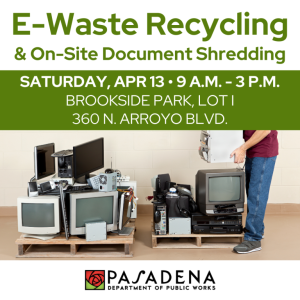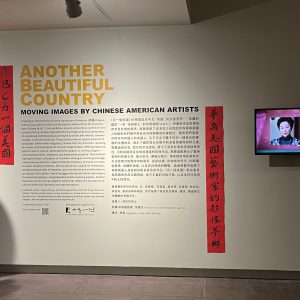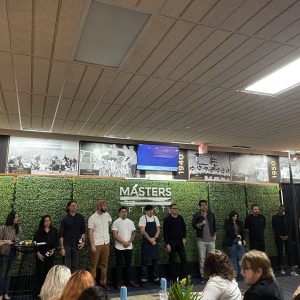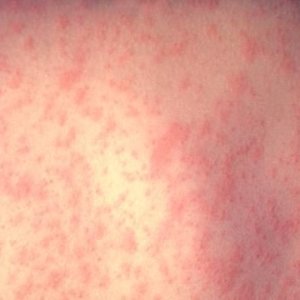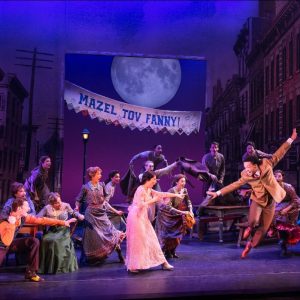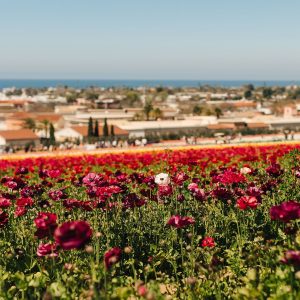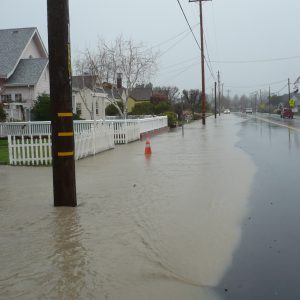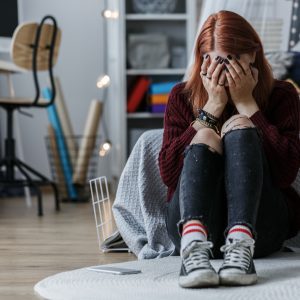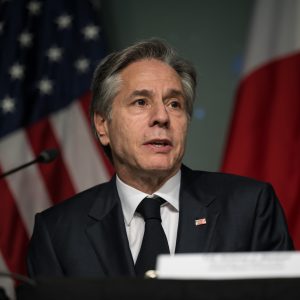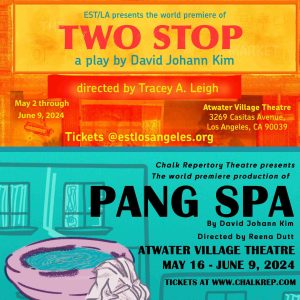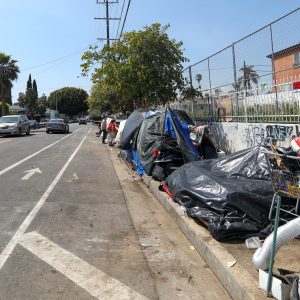 View Winners →
View Winners → Garcetti signs ban on flavored tobacco in LA, with hookah exception
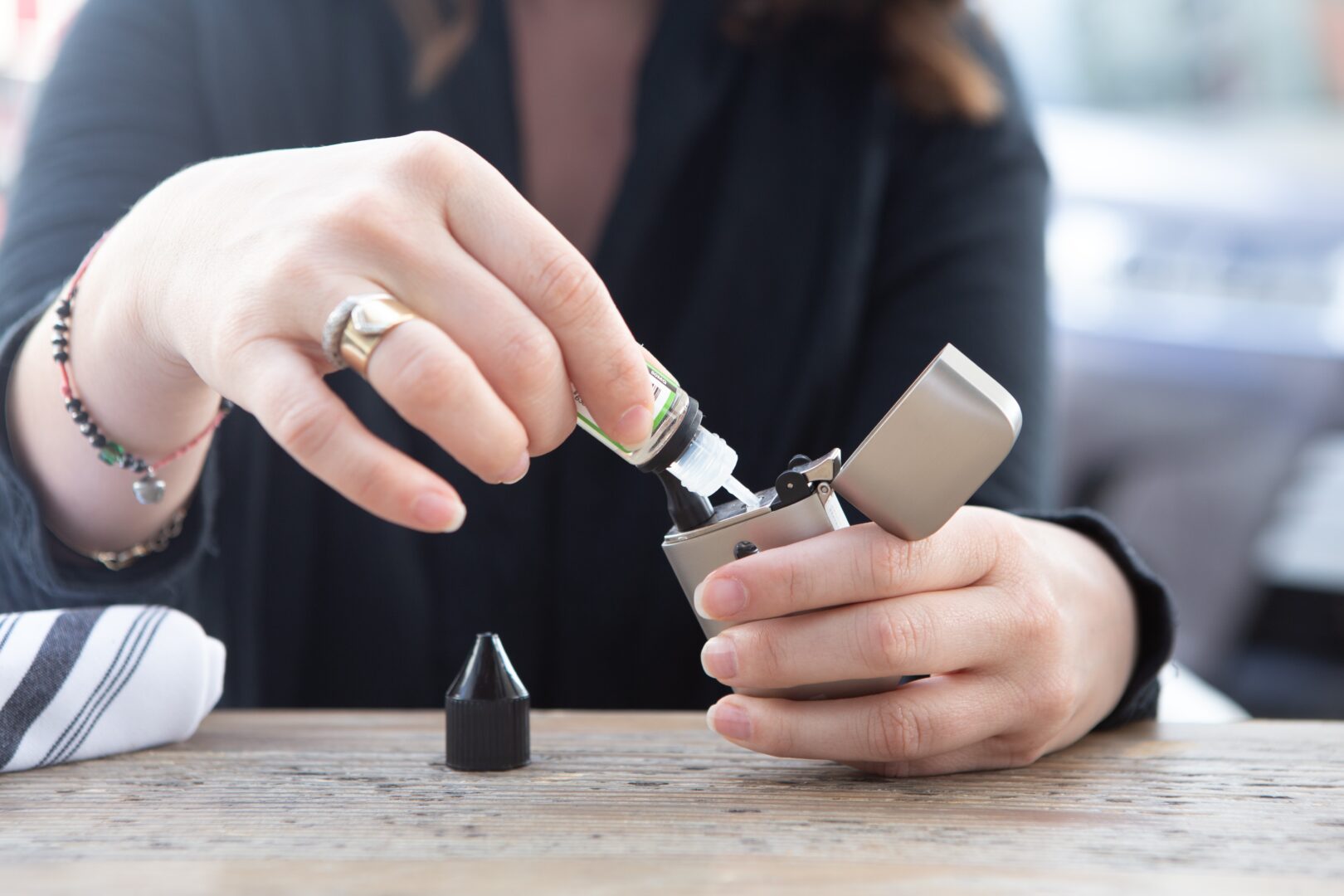
Mayor Eric Garcetti signed into law a ban on the sale of flavored tobacco in the city, with an exception for hookah lounges that meet certain conditions, the mayor’s office said Monday.
The Los Angeles City Council unanimously approved the ordinance on June 1. It will go into effect on Jan. 1, 2022, and it does not ban the possession or use of flavored tobacco for people over the age of 21.
In June of last year, the council directed the city attorney to draft an ordinance to ban flavored tobacco and menthol cigarette sales in the city, but exempted hookah tobacco products at existing lounges.
The ordinance, which underwent amendments in March, passed 12-0 on June 1.
Under the ordinance, existing smoke lounges will be able to sell hookah products for on-site or off-site consumption, but the city’s 4,500 tobacco retail stores will be banned from selling flavored tobacco, including hookah tobacco.
A representative for the National Association of Tobacco Outlets thanked council members before their vote for “finding a middle ground on the issue of flavored tobacco and listening to the voice of retailers throughout the city” who sought a delayed enforcement date of Jan. 1.
The American Lung Association’s National President and CEO Harold Wimmer celebrated the ordinance being signed by the mayor on Monday, saying in a statement:
“Today, the city of Los Angeles became the largest city in the United States to adopt an ordinance restricting the sale of flavored tobacco — including menthol. This tremendous step in public health will save lives and will pave the way for other cities across the country to prioritize health above Big Tobacco profits.”
The City Council was initially going to vote last June on requesting an ordinance to ban flavored tobacco with an exemption for menthol cigarettes, but the body’s three Black councilmen at the time — Mark Ridley-Thomas, Marqueece Harris-Dawson and Curren Price — amended the motion to remove that exemption, citing the high rates of Black people who smoke menthol cigarettes.
“Menthol is included in this ban, as it should be,” Harris-Dawson said before the vote on June 1. “It is a flavor just like every other flavor and it would have been extremely disappointing if we had said we’re going to protect people and children from uptake of tobacco, except for the flavor that we know Black people first and Latinos second use the most.”
According to the U.S. Centers for Disease Control and Prevention, the tobacco industry “has aggressively marketed menthol products to young people and African Americans, especially in urban communities.”
Council members also heard from representatives of the American Heart Association, Campaign for Tobacco Free Kids, the American Lung Association, the African American Tobacco Control Leadership Council and Black Leaders Against Tobacco Injustice, the Los Angeles Youth First Tobacco Coalition and more organizations in support of the ban on flavored tobacco.
Councilman Paul Krekorian thanked the coalition for their activism and pushing the council to take action.
“What you’ve made happen is the second-largest city in America is setting the example for America, thanks to you. And thanks to you, there will be thousands and thousands and thousands of people that are going to escape the pernicious clutches of one of the wealthiest, most powerful industries on planet earth — thanks to you and your activism,” he said.
Several council members also wanted to ban shisha, used for hookah, under the ordinance, as did City Attorney Mike Feuer. Feuer, who is tasked with writing the city’s laws at the City Council’s request, transmitted a draft of the ordinance to the City Council in September, but he urged the council to amend it to include a complete ban on all flavored tobacco products, including flavored hookah.
“A complete ban in the city of Los Angeles on the sale of all flavored tobacco products, including flavored hookah, has the potential to be life-saving,” Feuer said then, adding that 3.6-million kids nationwide are using e-cigarettes, which he called a “gateway” to regular cigarettes.
Councilwoman Monica Rodriguez, who motioned last June to amend the original ordinance request to allow hookah products to be sold for off-site consumption, as well as on-site consumption at lounges, said she worried about the impact on small business owners, who also rely on selling hookah products for off-site activity.
That amendment, which passed last year eight votes to six, came as the City Council faced demands from the National Hookah Community Association to exempt hookah from the ordinance, calling it a cultural tradition.
The Los Angeles County Board of Supervisors voted unanimously in October 2019 to adopt an ordinance banning flavored tobacco products and to call on Gov. Gavin Newsom to pass a statewide ban on vaping.
According to national data, tobacco is the No. 1 preventable killer in the United States, resulting in more deaths than the number of people who die from alcohol, AIDS, car accidents, illegal drugs, murder and suicide combined.
Every day, thousands of young people will use a tobacco product for the first time, and many of those tobacco products will be flavored. In California alone, 36.5% of high school students report using tobacco products. Of those, 86.4% reporting using a flavored product, according to the California Attorney General’s Office, which filed a brief in the U.S. 9th Circuit Court of Appeals in support of Los Angeles County’s ordinance.










